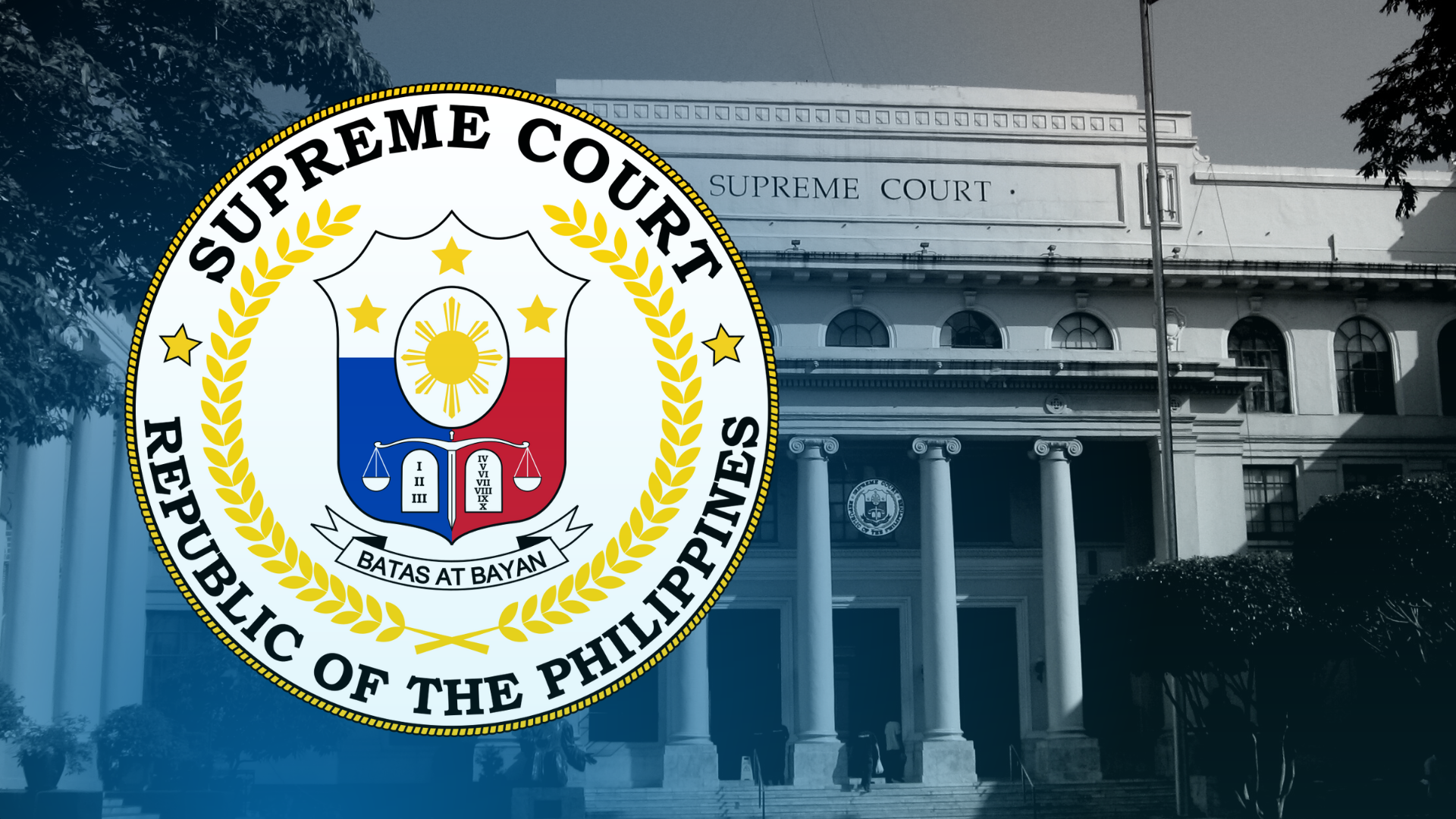SC rules in favor of ERC, DOE, NREB on renewable energy, tariffs

MANILA, Philippines — The Supreme Court has declared that government energy regulatory agencies have the power to determine the fixed tariff system for renewable energy under Republic Act (RA) 9513 or the Renewable Energy Act of 2008.
Based on a 118-page decision written by Senor Associate Justice Marvic Leonen, the SC En Banc denied consolidated petitions which challenged the validity of resolutions of the Energy Regulatory Commission (ERC), Department of Energy (DOE) and the National Renewable Energy Board (NERB) in implementing the Renewable Energy Standard under Republic Act (RA) 9513 and the Feed-In Tariff (FIT) System.
The SC upheld Sections 6 and 7 of the Renewable Energy Act of 2008, stating that the law was complete and provides clear standards, making the delegation of legislative powers to the agencies valid.
Section 6 of the law establishes the Renewable Portfolio Standard, which requires power suppliers and distribution utilities to source a minimum portion of their electricity from renewable sources—set by the NREB.
Section 7, meanwhile, introduces the Feed-In Tariff (FIT) System, allowing incentives for renewable energy developers, including fixed tariff payments and priority connections to the grid.
Energy regulatory agencies then issued resolutions to implement this which approve the tariff rates and issue FIT Rules and FIT Guidelines, which include the FIT Allowance (referring to a separate charge on consumer electricity bills used to fund such initiatives.)
READ: Renewable energy sees ‘record-breaking’ capacity add
In the petitions, several individuals and groups questioned the legality of the resolutions, arguing that the agencies were already exercising legislative powers belonging solely to Congress.
The petitioners claimed that Sections 6 and 7 were too general and lacked clear standards, which resulted in the invalid delegation of legislative power to administrative agencies.
The petitioners also argued that the Renewable Energy Act does not authorize the advance collection from consumers of the FIT Allowance, further claiming that the resolutions violated due process for being issued without prior notice and hearing or public consultations.
In its decision affirming a Court of Appeals ruling, however, the SC stated that while the Congress generally cannot delegate its powers, it can authorize agencies to make rules and set rates in technical matters requiring their expertise.
According to the SC, the delegation of legislative power to administrative agencies is necessary “to address the growing varieties, complexities, and volume of modern-day matters.”
The SC said that the Renewable Energy Act already clearly outlined the government’s policy to boost renewable energy use and protect the environment, with Sections 6 and 7 containing specific guidance and limitations for implementing this policy, ensuring the agencies operate within defined bounds.
In addition, the SC upheld the advance collection of the FIT allowance, clarifying that while electricity from renewable sources must be produced before receiving FIT benefits, the law does not prohibit collecting funds in advance to support the system.
The SC also found that the NREB complied with the notice and publication requirements under the ERC Rules of Practice and Procedure, with its petition to draft a new rule and notice of hearing published twice in two newspapers of general circulation in the country, hence sufficient public notice.
In their concurring opinions, Chief Justice Alexander Gesmundo also upheld the resolutions of energy agencies as none were subject to notice and hearing requirements as they do not substantially increase the burden of participants in the electric power industry.
Associate Justice Amy Lazaro-Javier, for her part, considered the advance collection of the FIT Allowance as a legitimate exercise of police power.